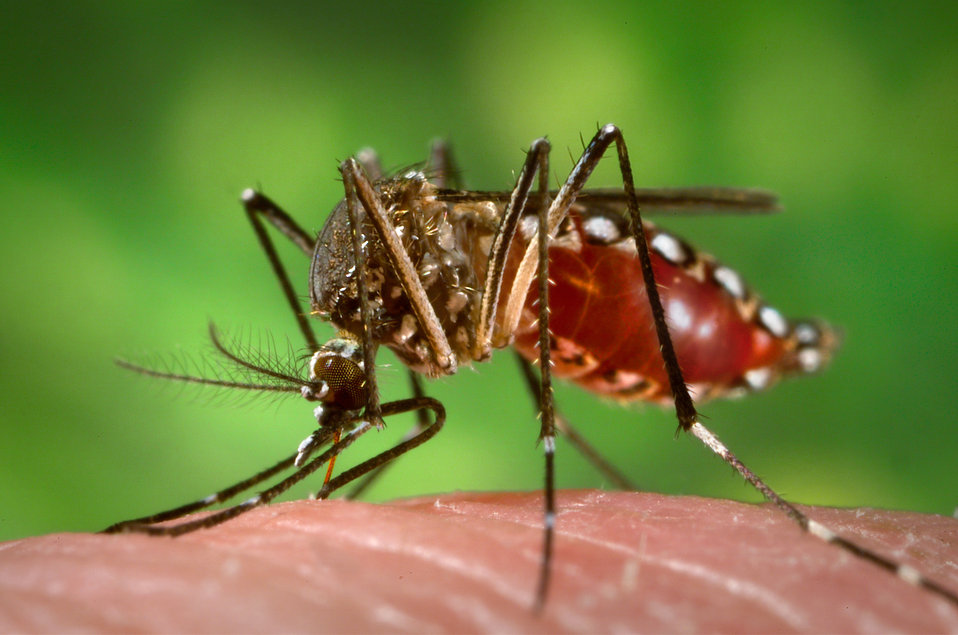KUALA LUMPUR, April 3 — The government has decided to release Aedes mosquitoes infected with the Wolbachia bacteria in 10 areas in July to stem rising dengue fever cases.
Deputy Prime Minister Dr Wan Azizah Wan Ismail said the National Level Committee on Dengue, which she chaired, targeted a 60 percent to 70 percent reduction in dengue cases in those localities, but did not specify which areas these were.
“This was decided after the success of the pilot programme at five localities since 2017, when nearly four million Wolbachia-infected mosquitoes were released,” Dr Wan Azizah said in a statement.
She noted that dengue fever increased by 146.3 percent, while dengue fatalities rose by 84.4 percent in the first quarter of the year compared to the same period in 2018.
The deputy prime minister also said that the committee has decided to study the use of artificial intelligence to predict outbreak areas to conduct dengue prevention and control.
“Artificial intelligence is a very important tool that can analyse factors like wind speed, humidity, rainfall and the like to predict dengue outbreaks,” she said.
The pilot study using Aedes aegypti mosquitoes infected with Wolbachia, a natural bacteria present in most insect species, in Keramat, Kuala Lumpur, and Shah Alam, Selangor, has reportedly shown an 80 percent decrease in dengue cases in seven hotspots.
Mosquitoes with Wolbachia have a lesser ability to transmit viruses to humans, such as dengue, Zika, chikungunya, and yellow fever.








